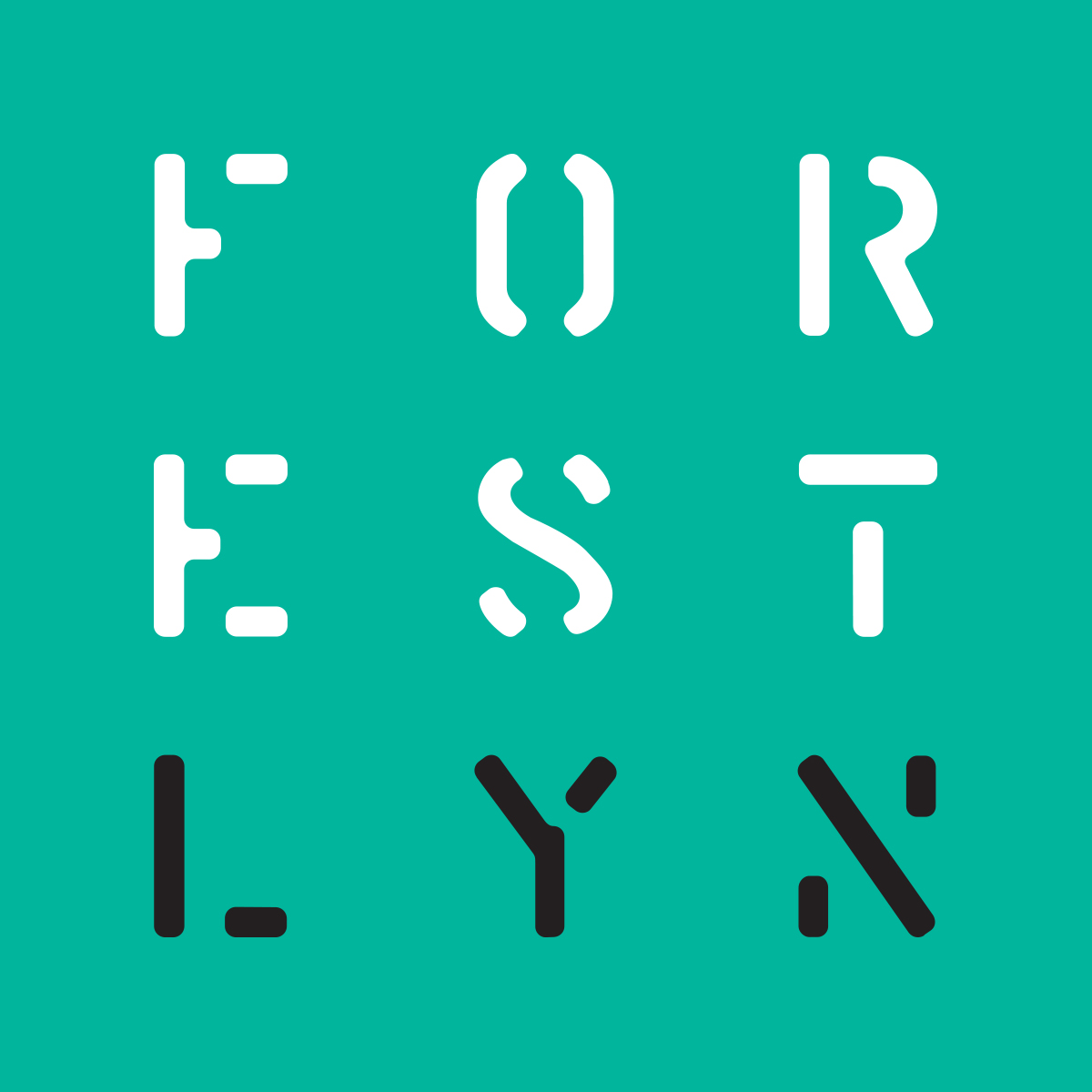Innovation 101: Creating Global Blockchain Policies
This article is part of Forestlyn’s educational series Innovation 101, featuring Caroline Malcolm, head of the blockchain policy centre at the Organisation for Economic Cooperation and Development (OECD). Founder of Forestlyn, Lucy Lin, speaks with Caroline about how blockchain & AI policies are currently being created and developed on a global scale.
BLOCKCHAIN MEETS THE OECD
OECD is made up of 36 like-minded member countries that work together on policy development. The organisation sets international standards in areas of social, economic and environmental challenges. With the increasing prevalence of blockchain technology, the OECD has recognised the need to standardise aspects of this emerging industry.
Caroline is the head of the blockchain centre for OECD. This department arose from OECD’s Going Digital project, which identified two emerging technologies viewed as critical to policy development. These were artificial intelligence and blockchain.
The earliest applications of blockchain were in the financial services space with the rise of cryptocurrency and bitcoin in 2008. Since then blockchain has expanded by being adopted in a variety of use cases in relation to agriculture, money laundering, corporate governance, capital markets, and tax. Due to the enormous range of policy areas that are implicated with blockchain, the OECD is currently working to identify the priority areas that need to be addressed for governance. Caroline says a primary concern for OECD is ensuring the risks associated with any new emerging technology are managed accordingly whilst simultaneously acknowledging opportunities for economic growth from innovation.
MANAGING BLOCKCHAIN & FINANCIAL RISKS
The use of Initial Coin Offerings (ICOs) by small to medium enterprises to raise capital and funding has been significant in 2017 and 2018. ICOs are a crowdfunding method used to raise funding for blockchain and crypto projects. However, there are financial risks with this emerging technology that need to be managed so investors are protected by scammers or hackers within the space. In response, the Australian Treasury has engaged the wider community to submit in their feedback to assist with viewpoints on how they can look into setting new unprecedented policies.
Due to the rapid speed that ICO and blockchain are evolving, it can be difficult to keep up with the industry in terms of regulation. Caroline warns that when regulators do step in its essential that they do so appropriately and proportionately.
“There is a certain caution that it’s important not to move too quickly, but also recognising that if governments don’t move at all there are risks that you are opening up the community for,” she says.
Caroline believes that global regulation in the blockchain space is essential to ensuring that the technology is deployed in the right circumstances. Whilst there are many great uses for blockchain, she warns against it being ‘used just as a buzz word to get attention for particular projects.’
GLOBAL BENEFITS OF BLOCKCHAIN
Whilst increasing regulation will assist in keeping the blockchain ecosystem healthy and functional, emerging technology has already exhibited its advantages on the global platform. Beneficial use cases for blockchain currently include financial services, supply chain management, public administration for government services and also for digital identity.
Blockchain has the ability to allow users to gain a much better understanding of how data is used online and the value that data represents. It also means that the individual user has sovereignty over their information and digital identity due to the decentralised peer-to-peer nature of the platform. With current public debates airing concerns about online privacy, blockchain offers a much deeper understanding of data use.
As a global citizen, Lucy can see the benefit in blockchain technology allowing users to take their personal data across national borders. Being a global organisation, the OECD is also interested in setting regulations that are beneficial to multinational citizens. Lucy and Caroline recognise a growing need for standardising global information, viewing blockchain technology as a way of getting there. The OECD is integral in this process for its role in advising governments on how blockchain should and shouldn’t be used.
WANT TO LEARN MORE ABOUT BLOCKCHAIN?
For any newcomers seeking more information about blockchain, Caroline recommends exploring LinkedIn. LinkedIn is where information updates are commonly shared by professionals, particularly on the regulatory space. Online forums like Github and Reddit are also great for exchanging ideas and learning more about emerging technology.
The OECD also offers specific beginner resources about international policy and blockchain. Visit the OECD website to download the blockchain primer document explaining blockchain from an international policy perspective. Another great resource is the OECD publication called Blockchains Unchained for learning about use cases of blockchain in public administration.
Speaker details
Lucy Lin - Forestlyn https://www.forestlyn.com/
Caroline Malcolm - OECD https://www.oecd.org/
HOW FORESTLYN CAN HELP YOU
We are marketing experts with a passion for innovation. With a deep understanding of the We are technology marketing experts with a passion for innovation. With a deep understanding of the emerging technologies space, we create your marketing strategies and de-jargon your communications to help you bridge the gap between the early adopters and the mainstream audience. Whether you are a corporate organisation, small-medium size business or startup, we formulate high growth tactics for outsourced marketing, strategic direction, marketing implementation and educational workshops.
Talk to us today to find out more about how we can help you. Book a consultation here.

